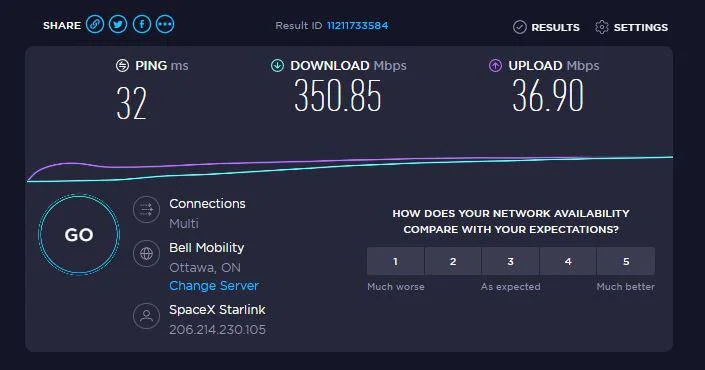Telecommunications companies in the Philippines are reaping the benefits of their significant investments in infrastructure, as internet speeds for fixed broadband and mobile connections saw a notable increase of 7 percent in December last year, according to the Speedtest Global Index report by US-based Ookla. The median speed for fixed broadband rose from 81.42 Megabits per second (Mbps) in November to 87.13 Mbps in December, while mobile median speed improved from 24.04 Mbps to 25.12 Mbps during the same period, marking a 4.49-percent increase.

The National Telecommunications Commission (NTC) acknowledged the positive trend in internet speed and highlighted its significance in the context of the country’s push towards digitalization in the post-pandemic economy. NTC’s officer in charge, Commissioner Ella Blanca Lopez, stated that the continued improvement in internet speed is a welcome development, aligning with President Ferdinand Marcos, Jr.’s call to embrace digitalization for economic resilience and growth.

The NTC attributed the better internet speed to the streamlined process of granting permits to telecommunications companies, which has facilitated the expedited deployment of essential infrastructure, such as cellular towers and fiber optic networks, to enhance services and connectivity. This development has allowed telecommunications companies like Globe Telecom Inc. and PLDT Inc. with its wireless unit Smart Communications Inc. to accelerate their infrastructure expansion efforts. For instance, Globe Telecom Inc. has installed 1,887 new 5G sites across the country as of end-September 2022, while PLDT Inc. and Smart Communications Inc. collectively have 77,200 base stations, including 7,300 5G base stations and nearly 40,000 4G/LTE base stations.

The improvement in internet speed in the Philippines is a positive indication of the telecommunications industry’s progress in enhancing connectivity and supporting the country’s digital transformation. With continued investments in infrastructure and efficient regulatory processes, the telecommunications sector is poised to play a crucial role in driving the country’s economic growth and development in the digital era.






